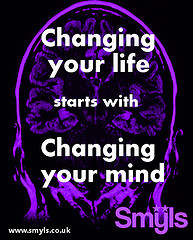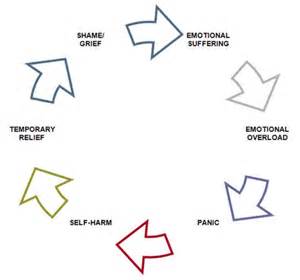These are Halloween costumes that have been removed from stores in the U.K. BBC news wrote this about the sale of these costumes, "Former Downing Street director of communications Alastair Campbell, who has written about his experiences with mental health issues, branded their sale by established companies as 'unacceptable.' Speaking to BBC London, he said: 'We are trying to change attitudes towards mental illness so people do not stigmatize it and something like this comes along and it just reminds you we are basically still in the Dark Ages.'"
There is a lot of controversy surrounding these types of costumes. Some people say making a big deal out of removing them only increases the stigma of mental illness. Others say they are offensive and should never have been on the market to begin with.
I think maybe there needs to be something in the middle. I do not believe these costumes should be on the market. From a mother who's child has been psychotic, depicting a psychotic person with a mask and a weapon is just wrong, but on the other hand I don't want literature and movies banned because some people don't agree with them. Let's try to be sensitive to others. You don't want to be like Prince Harry and dress up for a party in a Nazi soldier costume, I mean really, where were his PR people?
What do you think?









 RSS Feed
RSS Feed